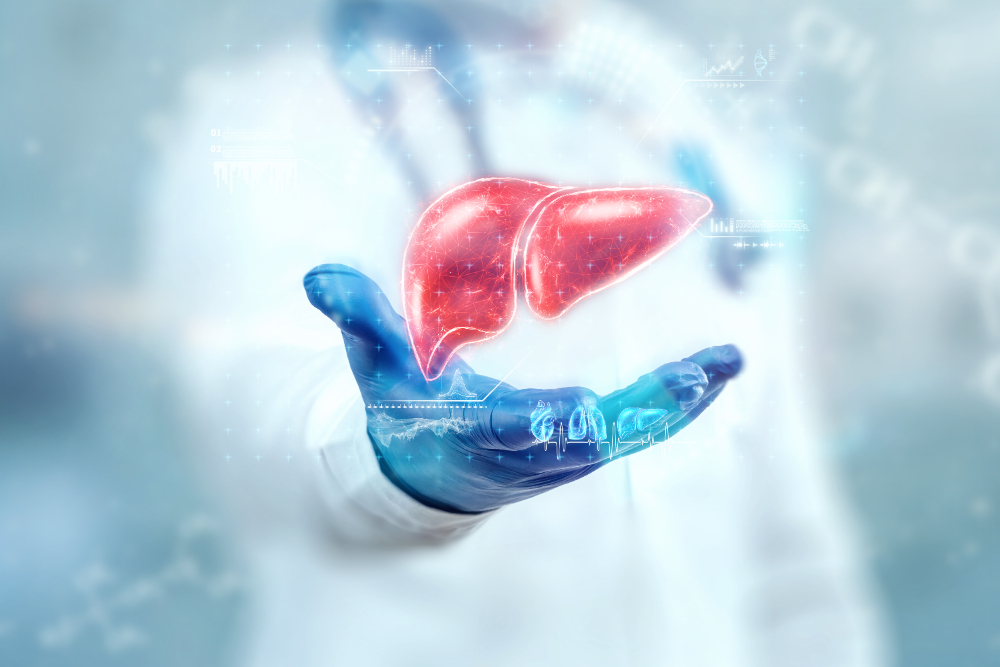Liver Transplant
- Home
- Specialities
- Transplant
- Liver Transplant

Overview
Liver transplant is needed when liver no longer functions adequately either because of infections or complications from certain medicines and disorders. A liver might be obtained from living donor or cadaver.
Important Functions of Liver
- Produce proteins for body.
- Break down nutrients to produce energy.
- Bile is produced for digestion of fats and absorb vitamins.
- Substance to regulate blood clotting are made by liver.
- helps fight infection and remove toxic byproducts.
When is liver transplant needed ?
When liver is no longer able to work properly due to following reasons:
- Chronic hepatitis.
- Inflammation and scaring of bile ducts.
- Wilson Disease.
- Liver cancer.
Signs of Liver Disease
- Jaundice
- Nausea
- Ascites
- Dark urine
- Mental Confusion
- Vomiting of blood
Tests Required Before Transplant
- CT Scan
- Doppler Ultrasound
- Echocardiogram
- Pulmonary function studies
- Serology Screening
From where liver for transplant comes ?
1. Liver Donor – In this segment of liver is removed from healthy living donor and implanted into recipient. Both donor and recipient liver segments grow into a adequate size in few weeks.
2. Cadaveric Liver Transplant – In cadaveric liver transplantation, the donor may be a victim of cerebral vascular accident or head injury, such as spontaneous bleeding into the head. There are two types of cadaveric donors, both involving patients who have suffered irreversible brain injury:
- In a donation after cardiac death, the brain injury is very extensive but the patient does not meet brain death criteria. The family has agreed to withdraw support, and it is done in a controlled setting. After the heart has stopped, the donor is declared dead and organs can be removed.
- In brain dead donors, there is no longer ant brain activity but the heart has continued to beat.
Complications of Liver Transplant
- Rejection – Immune system weaks to destroy foreign substances that are invade your body. Immune system can not differentiate between transplanted liver and unwanted invades like bacteria and viruses. So, it attempts and destroy your new liver. About 30% of all patients have some degree of organ rejection in the first year. Patients take rejection medication to ward of immune system attack.
- Infection – Because of anti-rejection, drugs suppress the immune system. Liver transplant patients are at high risk of infections. This problem lessens over time.
Clinical Team

Dr. Rajasekhar P
(HPB & Liver Transplant Surgeon)
Are you having health problems? Contact us today!
Mail: info@aykaihospital.com
Call Us 24/7: 0161-525 25 25
Call Us 24/7: 0161-525 25 25

